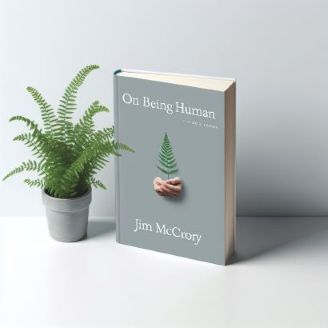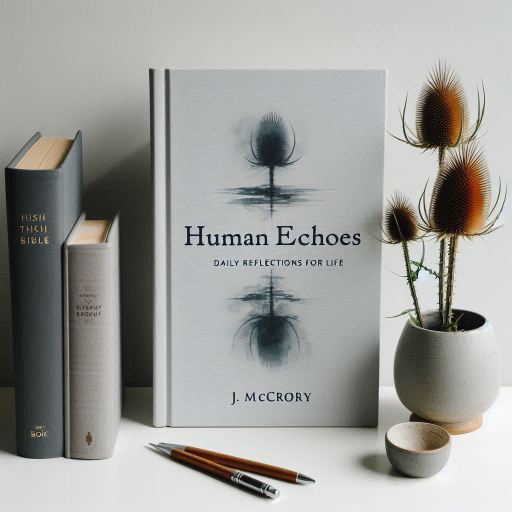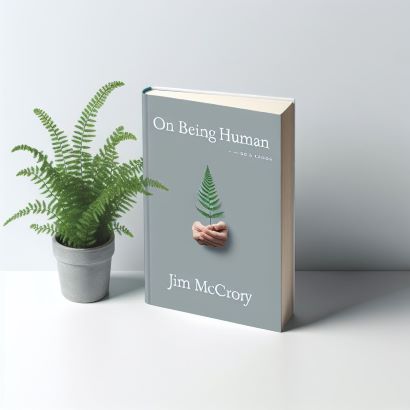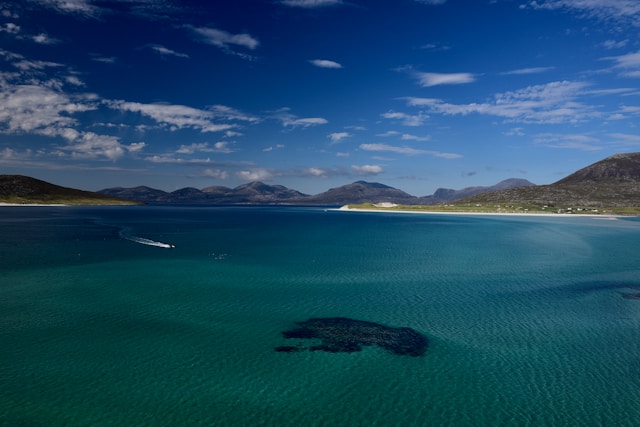
Here I Stand in Scandinavia
I must have been twelve or thirteen when my music teacher wheeled the record player into our classroom and dropped the needle onto something that would stay with me all my life. The music of Edvard Grieg, and later Sibelius, came spilling out—strange, haunting, majestic. It wasn’t just sound. It was a feeling. As the notes of Morning Mood drifted through the room, I felt something stir, something I couldn’t name then. A kind of ache. A homesickness for a place I’d never been.
That place was Scandinavia.
At the time, I didn’t understand why the music moved me so deeply. I only knew that it reached into some forgotten room of my soul and opened the window wide. The vast fjords, the northern lights, the snow-covered pines—I hadn’t seen them, but I had. I carried them inside me like a memory from another life.
Years later, I found listened carefully to the lyrics of their song, Scandinavia, that gave words to that childhood ache: Scandinavia. I listened and was undone. “Here we stand in Scandinavia,” it begins, a simple line, yet one that placed me not just on a map, but in a moment. A moment thick with memory and mystery.
The song isn’t about tourism. It’s not about hiking trails or Viking museums. It’s about something far deeper: the longing for belonging. A yearning not just for a land, but for a homeland of the soul.
"We watched it rise / In morning skies of fire and wine / The boats that carried us / Young golden lives / Leaving on a rising tide…"
That verse brought back so much. Youth. Departure. The feeling of setting out, wide-eyed, onto life’s open sea, hoping the tide will carry you to meaning, to love, to purpose. But perhaps we’re all really searching for one thing: home.
And not necessarily the one we were born into.
The phrase that haunts the chorus—"Here we stand"—is both declaration and confession. We’re standing, yes. But where? In a landscape that both is and isn't ours. Scandinavia becomes symbolic. A place of memory, of spiritual resonance. Not a destination on a cruise itinerary, but a metaphor for something higher, purer, more eternal ; the soul's destiny.
Here the song becomes prayer. The kind of prayer you whisper without realizing it’s a prayer at all. It’s the kind of longing that can’t be satisfied by geography or even human love. It’s the ache that C.S. Lewis once called “the scent of a flower we have not found, the echo of a tune we have not heard, news from a country we have never visited.”
That’s what Grieg's music stirred in me all those years ago. And what Runrig reawakened. I see now that what I felt wasn’t just homesickness for Norway or Finland—it was homesickness for another world entirely. The kind of world that Isaiah spoke of when he wrote of deserts blooming and swords beaten into ploughshares. A world where the cold ache of separation is finally healed.
I’ve come to believe that this deep yearning we carry—the one we find in art, music, poetry—is not weakness. It’s not sentimentalism. It’s evidence. Evidence that we are made for something more. For a Kingdom that is not of this world, yet not far from any one of us.
The songwriter of Scandinavia, like many poets and musicians before him, touches something eternal. And like a poem, it becomes part of the reader who engages with it. The listener is drawn into the same river of longing. That current, which begins in the soul, runs through every human heart and finds its source not in nostalgia, but in promise.
“There’s nothing new beneath the sun,” the song says, echoing Ecclesiastes. And it’s true. This yearning isn’t new. But it’s fresh each time we feel it. Every time music moves us, or a northern sky takes our breath away, or a word of Scripture stirs our spirit—we are reminded. We are not yet home.
But we will be.
And in the meantime, here we stand—in Scandinavia, or wherever our feet happen to be—hearts tuned to the music of another world.
Scandinavia: Runrig
https://www.youtube.com/watch?v=kO8xczE0TOU
Blog Image generated with the assistance of Microsoft Copilot


